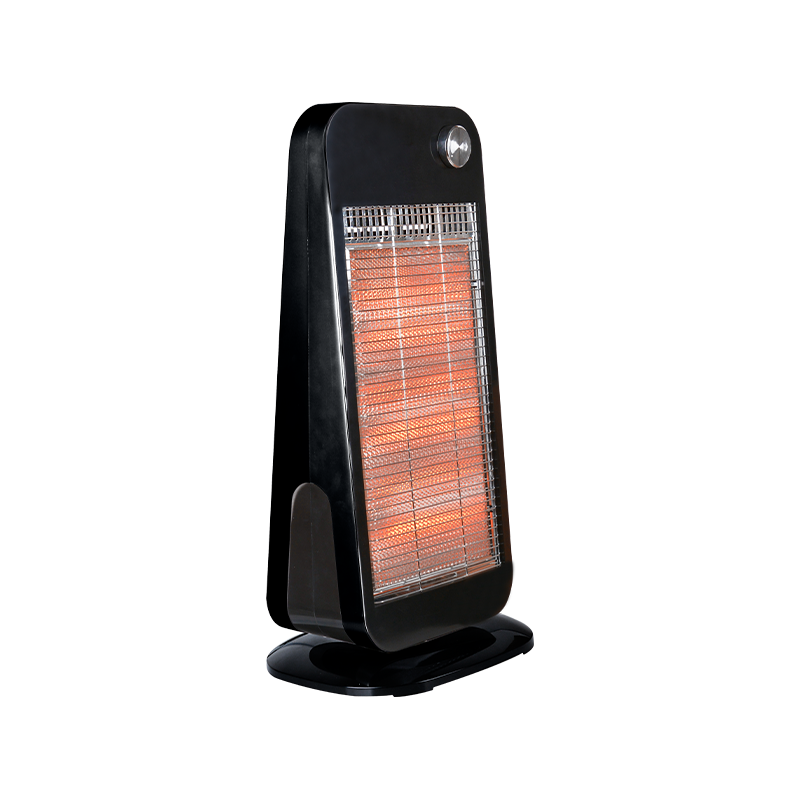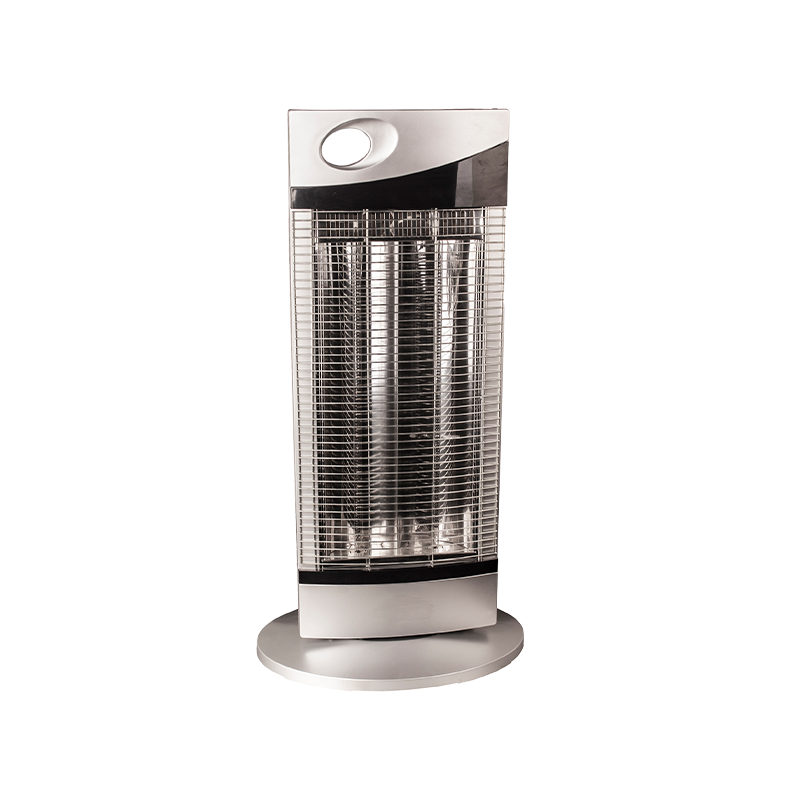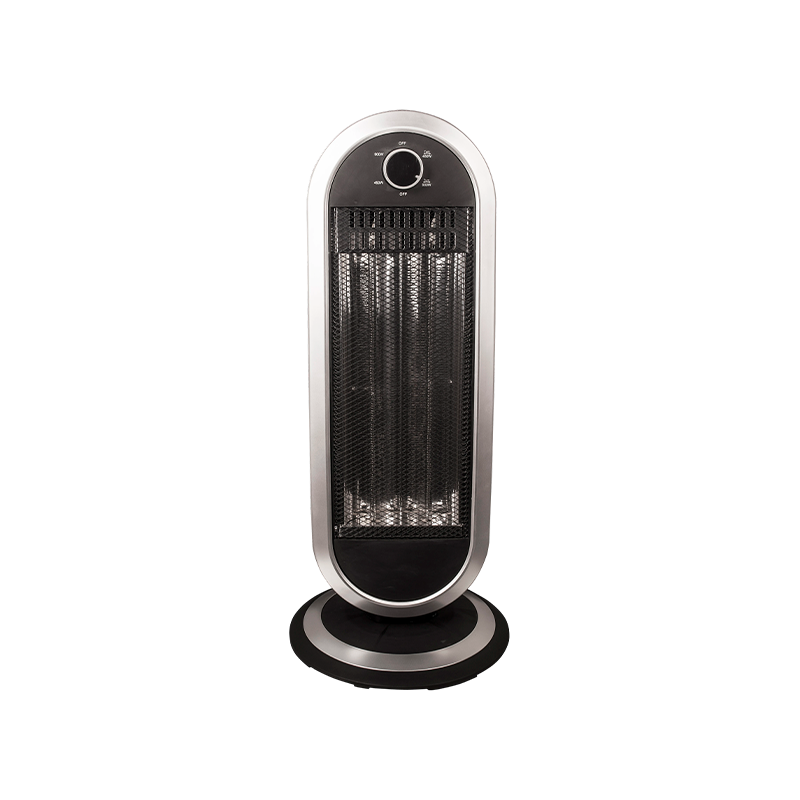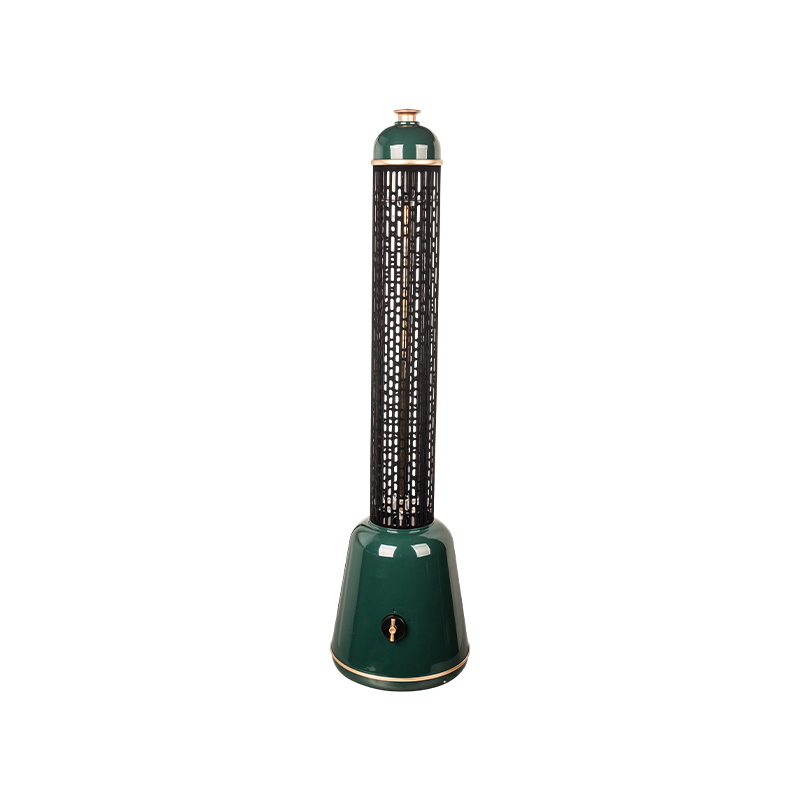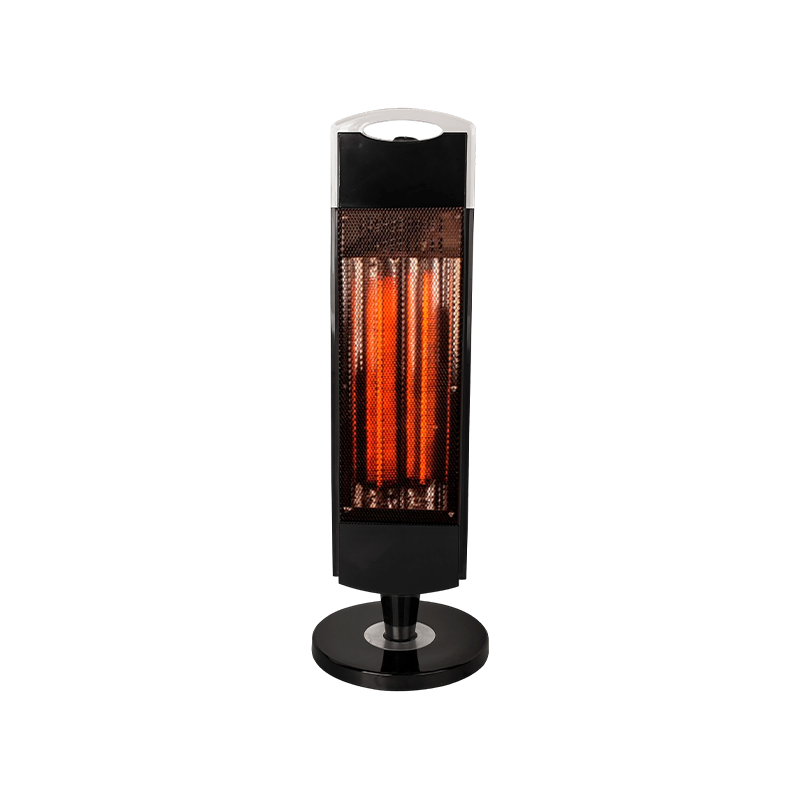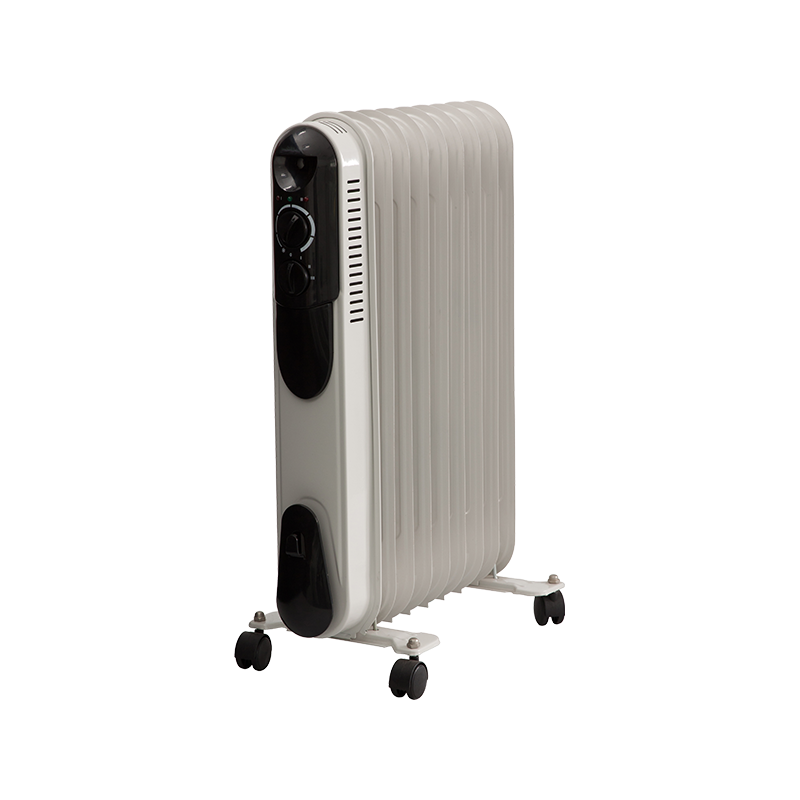Air coolers, as an environmentally friendly alternative to traditional air conditioners, are now embracing a new round of development opportunities. Recently, leading home appliance enterprises have launched a new generation of intelligent air coolers. Through efficient water cooling systems, intelligent control technology and sustainable design, they provide more economical and low-carbon cooling solutions for residential, commercial and industrial scenarios.
I. Technological Innovation: Energy conservation, water conservation and intelligence integration become the focus
Traditional air coolers rely on the principle of water evaporation absorbing heat to achieve cooling, while the new generation of products has broken through multiple technical bottlenecks. Some high-end models adopt high-efficiency ice crystal boxes and multi-layer wet curtain designs. The outlet air temperature is reduced by up to 10-12℃ compared to the ambient temperature, and the energy consumption is only one-third of that of traditional air conditioners. The intelligent control system monitors the environmental temperature and humidity in real time through sensors, automatically adjusts the air volume and the operation of the water pump. Some models support remote control via mobile phone APP and voice linkage, and are connected to the smart home platform to achieve automated scene adjustment.
Industry leading brands such as Honeywell and Linqu were the first to introduce variable frequency motors and water-saving circulation systems, reducing daily water consumption by up to 40% and keeping noise below 45 decibels. In addition, the modular design (detachable water tank, easy-to-clean filter screen) has significantly enhanced the product's ease of use and maintenance efficiency.
Second, low-carbon transformation drives the upgrading of industry standards
Under the impetus of the global carbon neutrality goal, the environmental performance of air coolers has become a core competitive indicator. The latest energy efficiency label system of the European Union incorporates evaporation efficiency (L/kWh) into the rating system, promoting enterprises to adopt recyclable materials and environmentally friendly refrigeration media. In 2023, the new version of the "Energy Efficiency Standard for Air Coolers" in China was implemented, setting higher requirements for the cooling capacity per unit of electricity consumption and accelerating the elimination of high-energy-consuming products. In terms of safety, water leakage protection, automatic power-off in case of water shortage and antibacterial wet curtains have become standard equipment in the industry.
Third, the application scenarios are diversified, and emerging markets are growing rapidly
According to the Frost & Sullivan industry report, the global air cooler market is expected to grow at a compound annual rate of 6.2% from 2023 to 2028, with the most vigorous demand in the Asia-Pacific, Middle East and Africa regions. Household users prefer portable models (suitable for areas of 30-50 square meters), while industrial and commercial applications tend towards large-scale centralized cooling systems - in scenarios such as data centers, factory workshops, and warehousing and logistics, the overall cooling cost is reduced through the combination mode of "air cooler + fresh air system". Outdoor temporary scenarios (such as camping and night markets) drive innovation in DC power supply/solar models.
Iv. Challenges and Future Directions
The issue of water resource shortage remains a key focus of technological breakthroughs in the industry, and some enterprises are currently developing waterless atomization cooling technology. On the other hand, intelligent algorithm optimization (such as pre-cooling modes based on weather forecasts) and energy integration (photovoltaic energy storage linkage) have become new research and development directions. Industry competition has shifted from price wars to technological ecosystem competition. Leading brands are enhancing user retention rates by establishing intelligent interconnection platforms.





 English
English 中文简体
中文简体